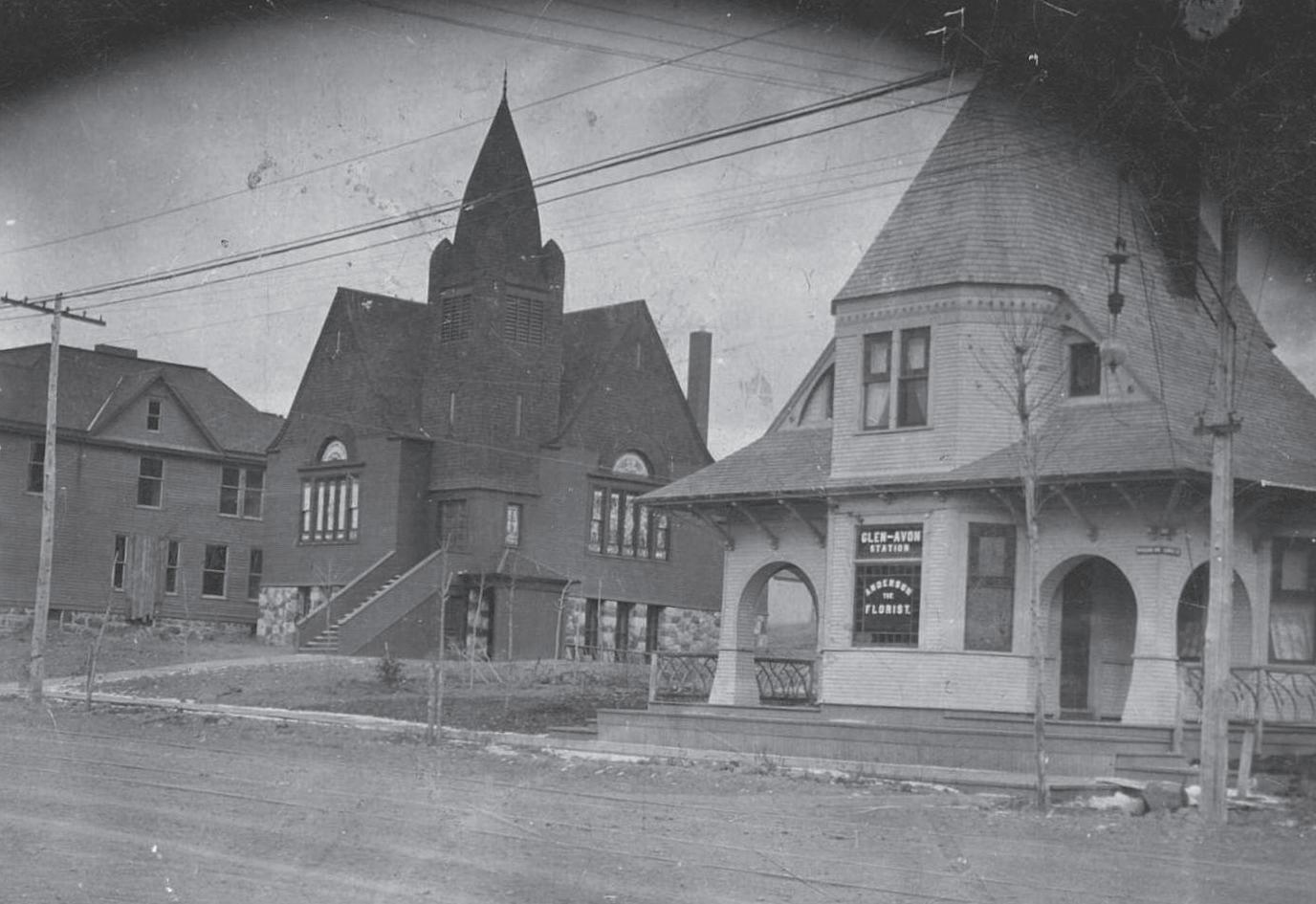
1 minute read
Woodland
By Kelly Busche kbusche@duluthnews.com
Woodland’s namesake comes from an obvious feature of the northern Duluth neighborhood: the heavily wooded land.
This greenery made the neighborhood a refuge for those fleeing the bustling harbor city in search of a quieter life in the late 1800s, according to reporting from University of Minnesota Duluth’s Statesman.
Much of Woodland’s expansion and history is tied to the streetcar.
The neighborhood saw the first signs of development when the Motor Line Improvement Company, which owned land along the still-present Woodland Avenue, established a single-track electric streetcar. The streetcar, which ran from the Edion neighborhood to Woodland, established an easy way for people to reach the neighborhood, ensuring the land’s value, according to an article published by the Zenith City Press.
A horse track also influenced the start of the streetcar. But, on the track’s opening day in 1892, the streetcar struggled to transport the approximately 2,500 people traveling to watch the races, according to Zenith City. The track became one of the neighborhood’s most popular features, resulting in streetcars that were overcapacity. Sometimes people opted to ride on the streetcar’s roof, according to The Statesman.
The streetcar also had difficulties transporting people when the Duluth Ski Club opened a ski jump behind the neighborhood’s now-closed Washburn School, Zenith City reported.
Residents and visitors don’t worry about catching a streetcar to head up the hill anymore — the stations have been removed or repurposed, according to the Statesman.
Today, Woodland’s most popular feature may be the 660-acre Hartley Nature Center, which draws people to 10 miles of multi-use trails, scenic overlooks, ponds and streams.
Woodland also houses the area’s only mosque. The Islamic Center of the Twin Ports opened around 2007 in the former Unitarian Universalist Church located at 145 W. Winona St. The center’s stated goal is to “create better understanding and appreciation for the diverse culture of Islam through educational, social, and community activities,” according to its website.
Last year, the community center welcomed people who were interested in learning about iftar — an evening meal consumed after sunset during Islam’s holy month of Ramadan, according to reporting done in 2018 by the News Tribune.










